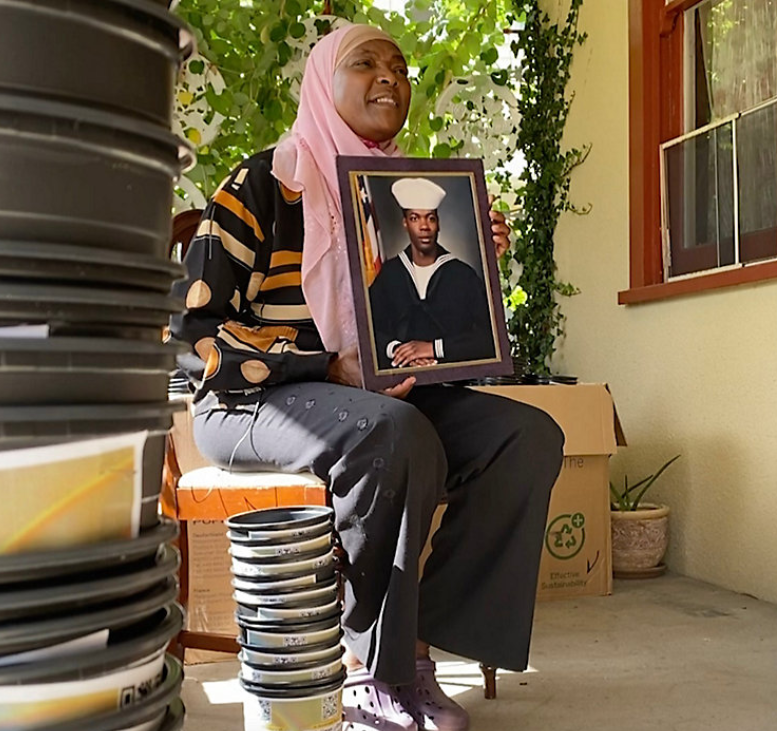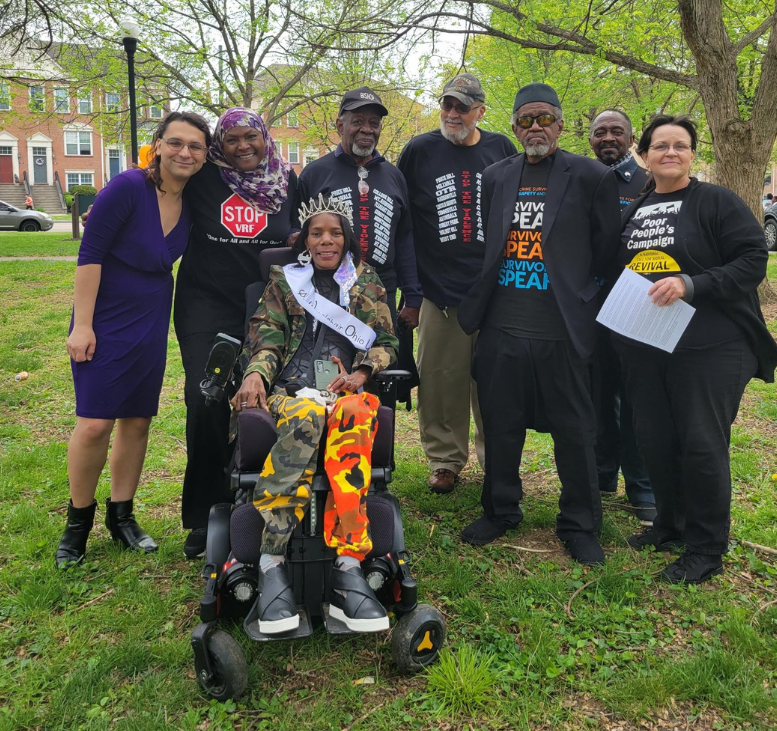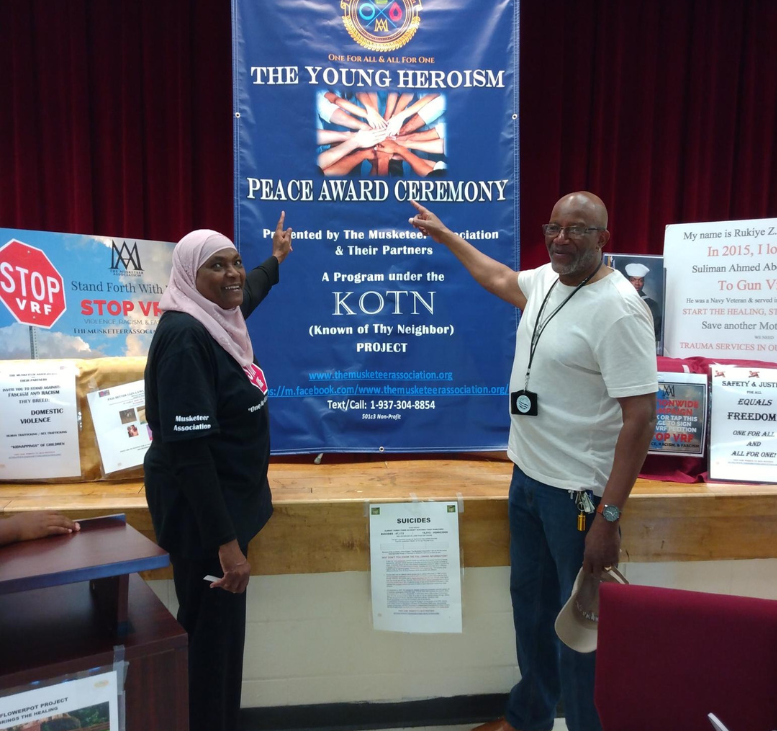



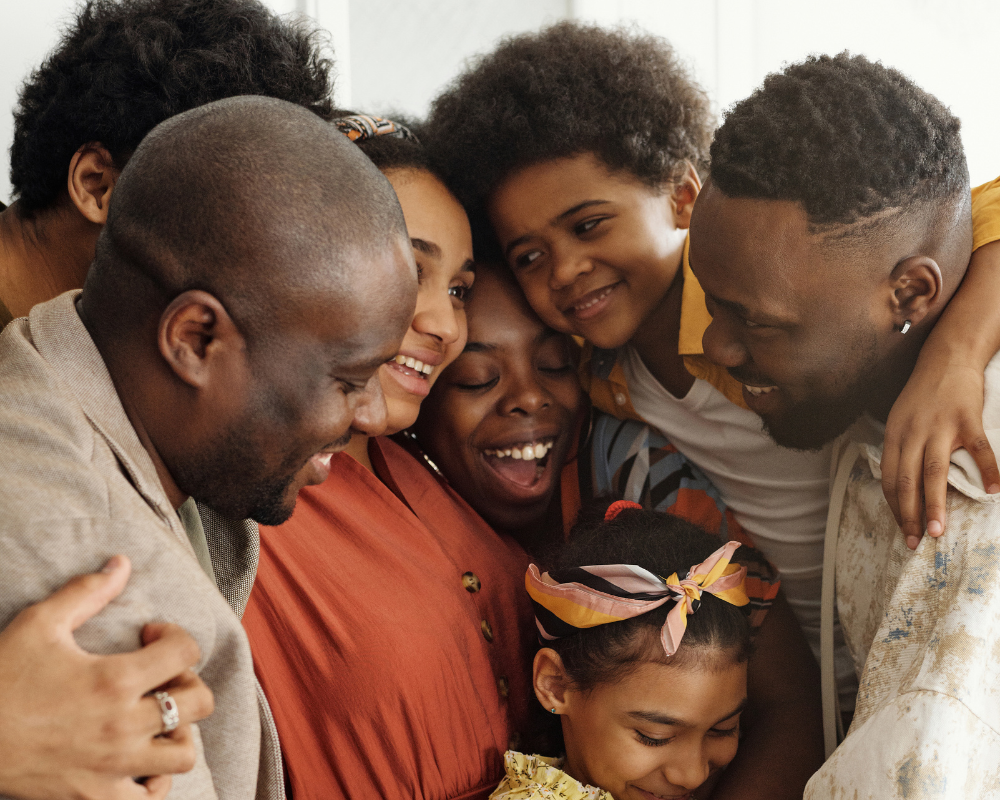



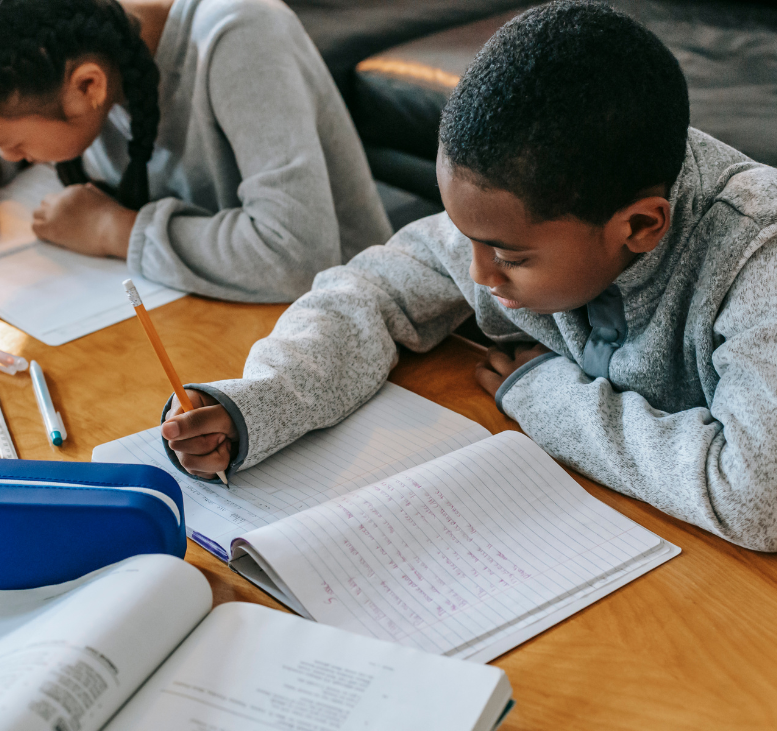

The Restorative Justice Project (RJP) is a transformative initiative designed to repair harm, restore relationships, and rebuild communities impacted by violence and injustice. Unlike traditional justice systems that focus on punishment and incarceration, restorative justice prioritizes healing, dialogue, and accountability.
Through restorative circles, victim-offender mediation, and community engagement, RJP creates pathways for resolution that acknowledge harm, foster understanding, and empower individuals to move forward. This approach not only reduces recidivism but also helps victims find peace, justice, and closure.
Traditional justice systems often fail to address the deeper wounds left by crime and conflict. Victims are left unheard, offenders are punished without rehabilitation, and communities remain fractured. The Restorative Justice Project offers an alternative:
✔ Victim-Centered Healing – Ensuring that those affected by crime have a voice, receive support, and find a sense of closure.
✔ Accountability & Rehabilitation – Encouraging offenders to take responsibility for their actions, make amends, and reintegrate into society.
✔ Community Involvement & Restoration – Strengthening neighborhoods by fostering reconciliation and proactive conflict resolution.
Justice should not just be about punishment—it should be about transformation.
The RJP model includes various approaches to repairing harm and ensuring justice is meaningful and effective.
✔ Restorative Circles & Victim-Offender Mediation – Providing a structured, facilitated dialogue where victims and offenders can discuss the impact of harm, seek understanding, and find resolution.
✔ Community-Based Rehabilitation – Offering offenders alternatives to incarceration, such as education, service projects, and mentorship, to prevent reoffending.
✔ Youth Justice & Conflict Resolution Programs – Teaching young people healthy ways to resolve disputes and break cycles of violence.
By focusing on accountability and healing rather than just punishment, RJP helps both victims and offenders find meaningful paths forward.
Restorative justice is not just about fixing what is broken—it’s about creating a better, more compassionate society. The benefits of this approach include:
✔ Lower Recidivism Rates – Offenders who go through restorative justice programs are significantly less likely to commit future crimes.
✔ Greater Victim Satisfaction – Victims report higher levels of healing, closure, and justice compared to traditional court proceedings.
✔ Stronger & Safer Communities – Communities that embrace restorative justice see reduced crime rates, improved relationships, and a stronger sense of collective responsibility.
Justice should heal, not divide.
Change starts with you. Help transform the way justice is served by getting involved:
✔ Sponsor a Restorative Justice Program – Help fund healing circles, victim support services, and offender rehabilitation programs.
✔ Volunteer as a Mentor or Mediator – Assist in restorative justice circles, help young offenders find direction, or support victims in their healing process.
✔ Raise Awareness & Advocate for Policy Change – Promote restorative justice principles in schools, communities, and the legal system.
Together, we can replace cycles of harm with cycles of healing.
The Restorative Justice Project is redefining justice by putting healing, accountability, and reconciliation at the center of conflict resolution. When harm is acknowledged and repaired, individuals, families, and communities can truly move forward.
⚖ Restore. Rebuild. Transform. ⚖
Join us in bringing justice that heals, communities that reconcile, and a future that prioritizes peace over punishment.
Restorative justice aims to repair harm, promote accountability, and rebuild trust between victims, offenders, and the community instead of focusing solely on punishment.
Victims receive a voice in the process, opportunities to seek answers, and emotional support to aid in their healing and recovery. Many find greater closure through dialogue than through traditional legal proceedings.
No. It is an alternative or complementary approach that can be used alongside or instead of traditional sentencing, depending on the case.
You can sponsor a program, volunteer in victim support, advocate for policy changes, or educate your community about the benefits of restorative justice.
Our organization truly believes that by working together, we can
save more lives than ever before.
Our organization truly believes that by working together, we can save more lives than ever before.
6125 Bellair Pl,
Cincinnati, OH 45224
